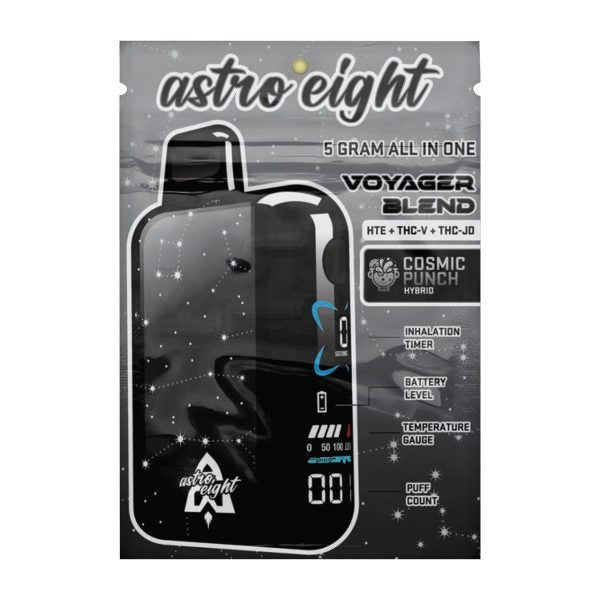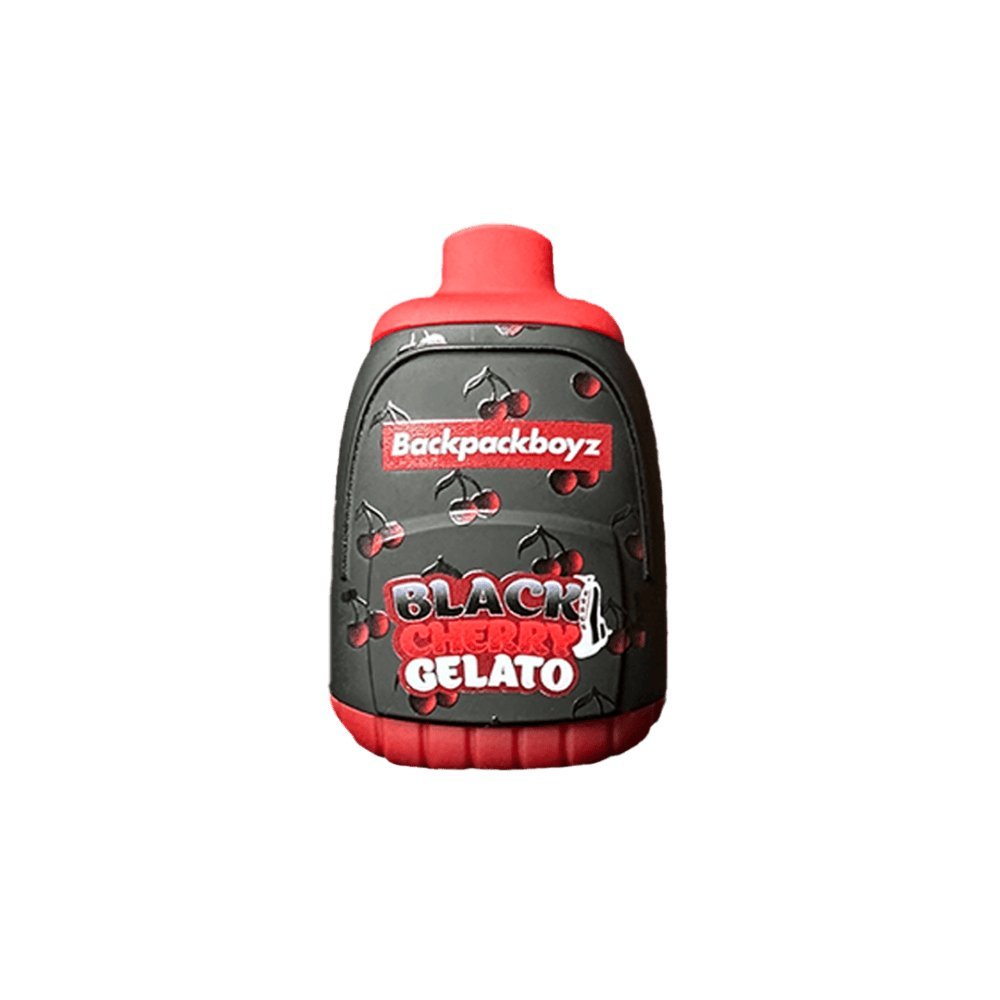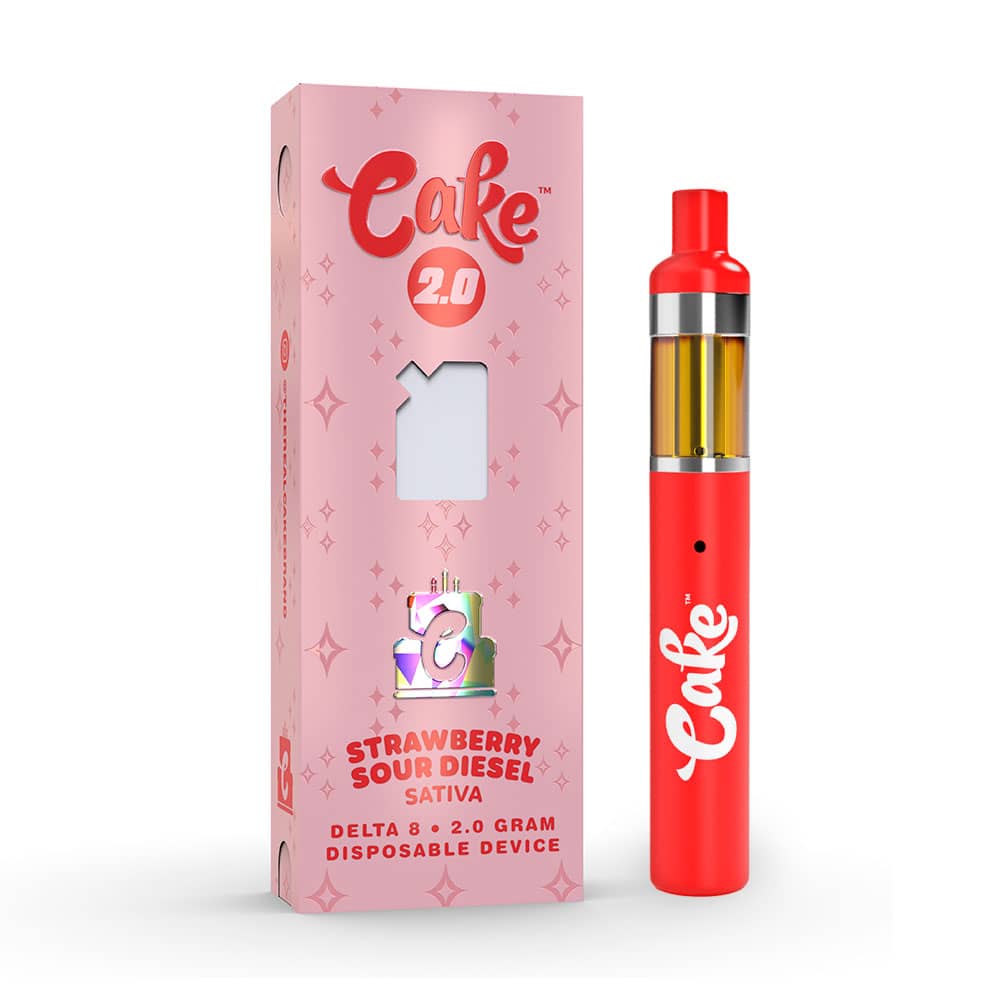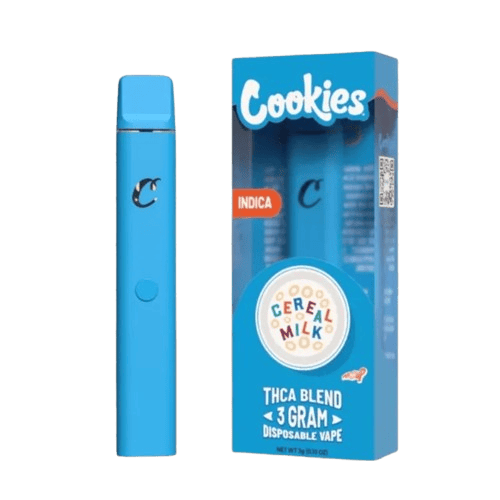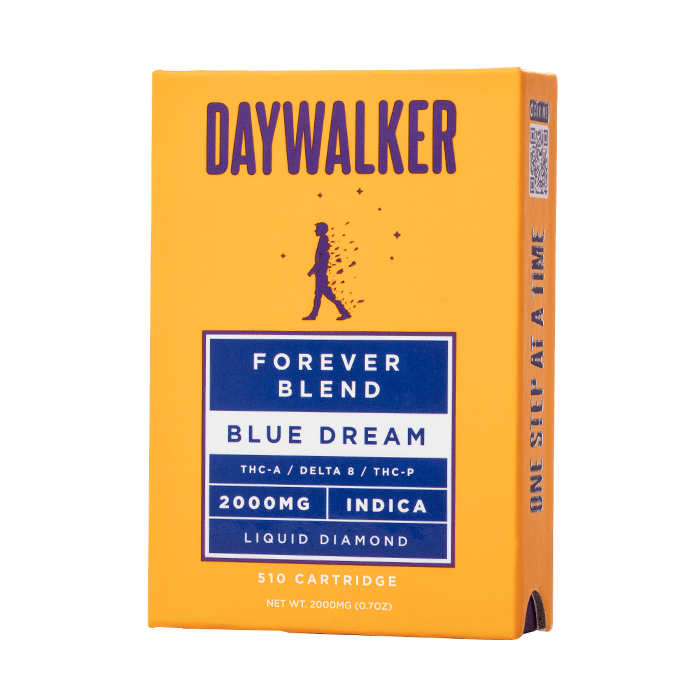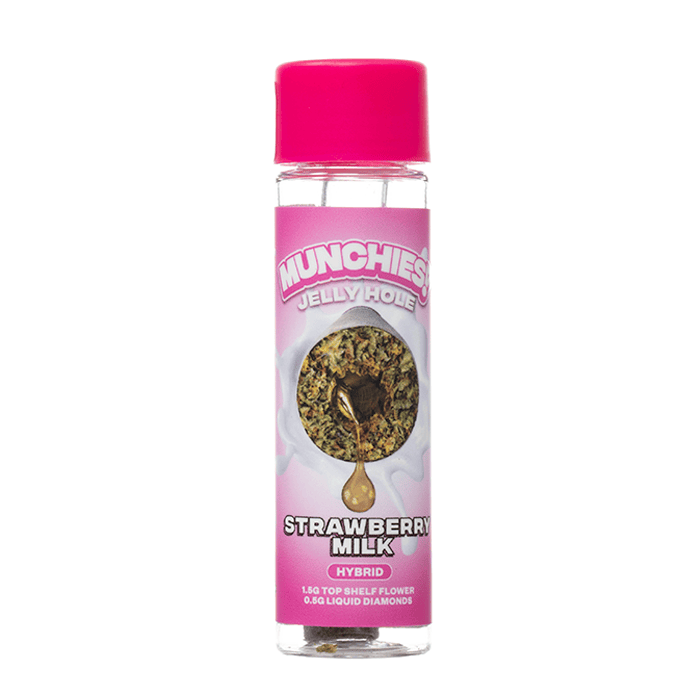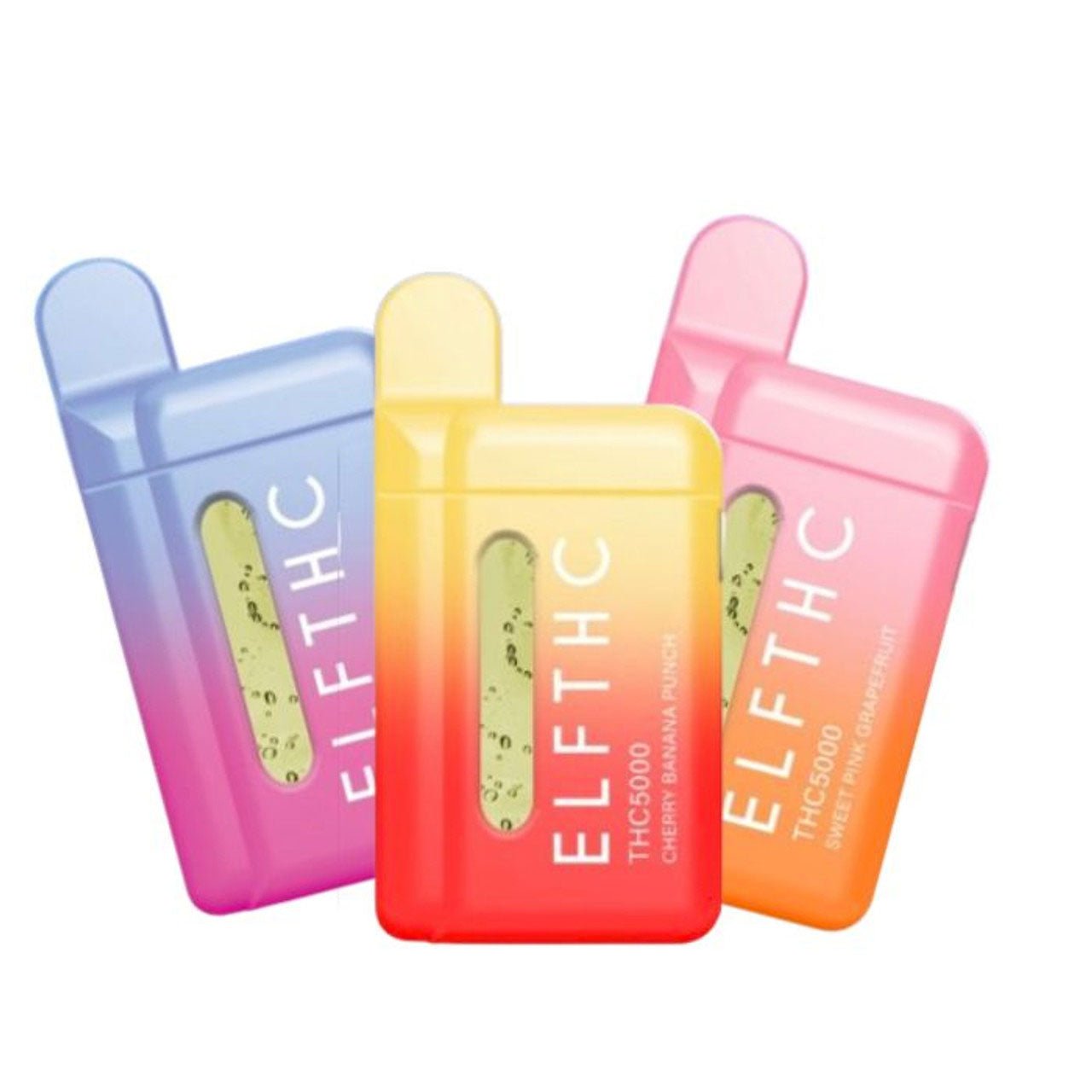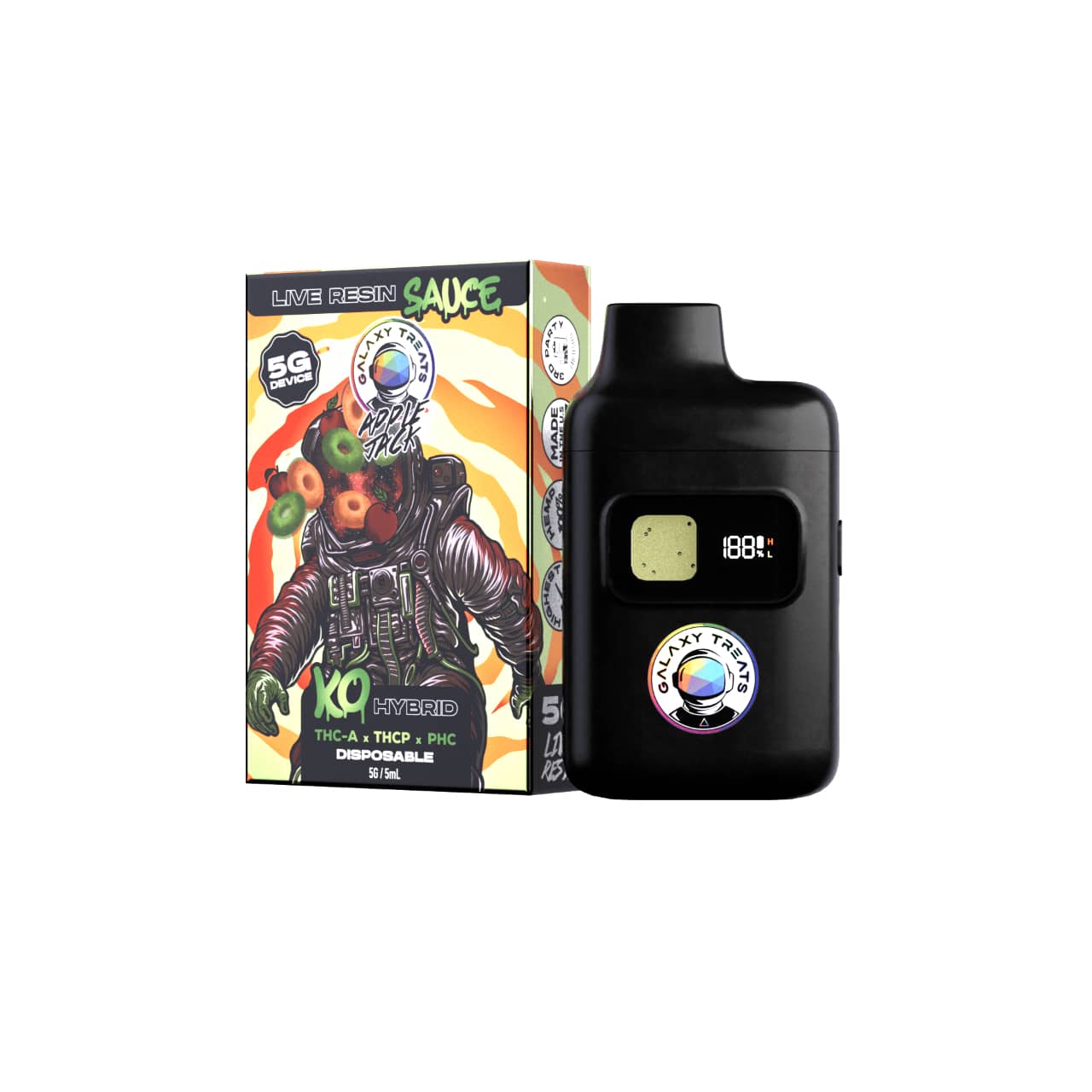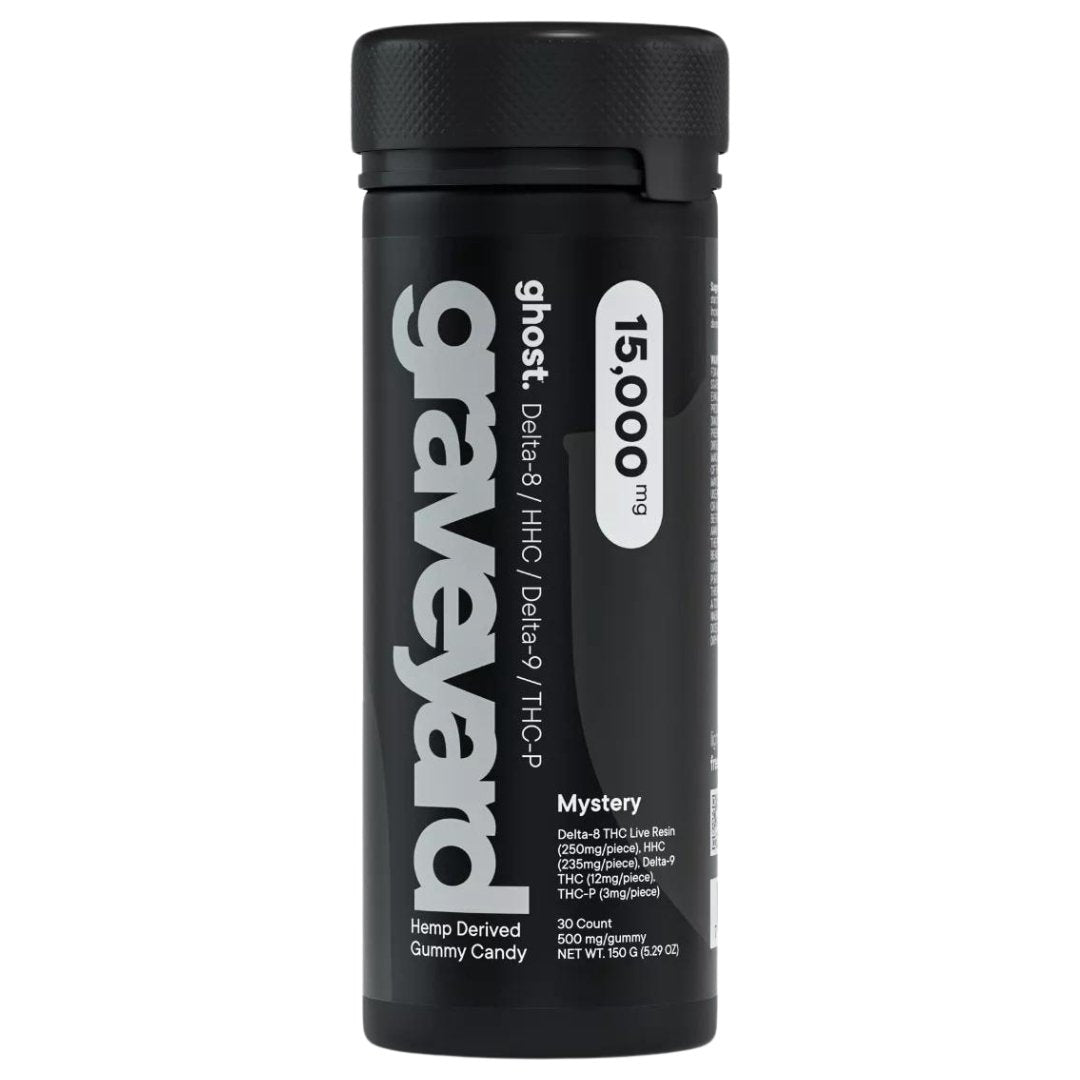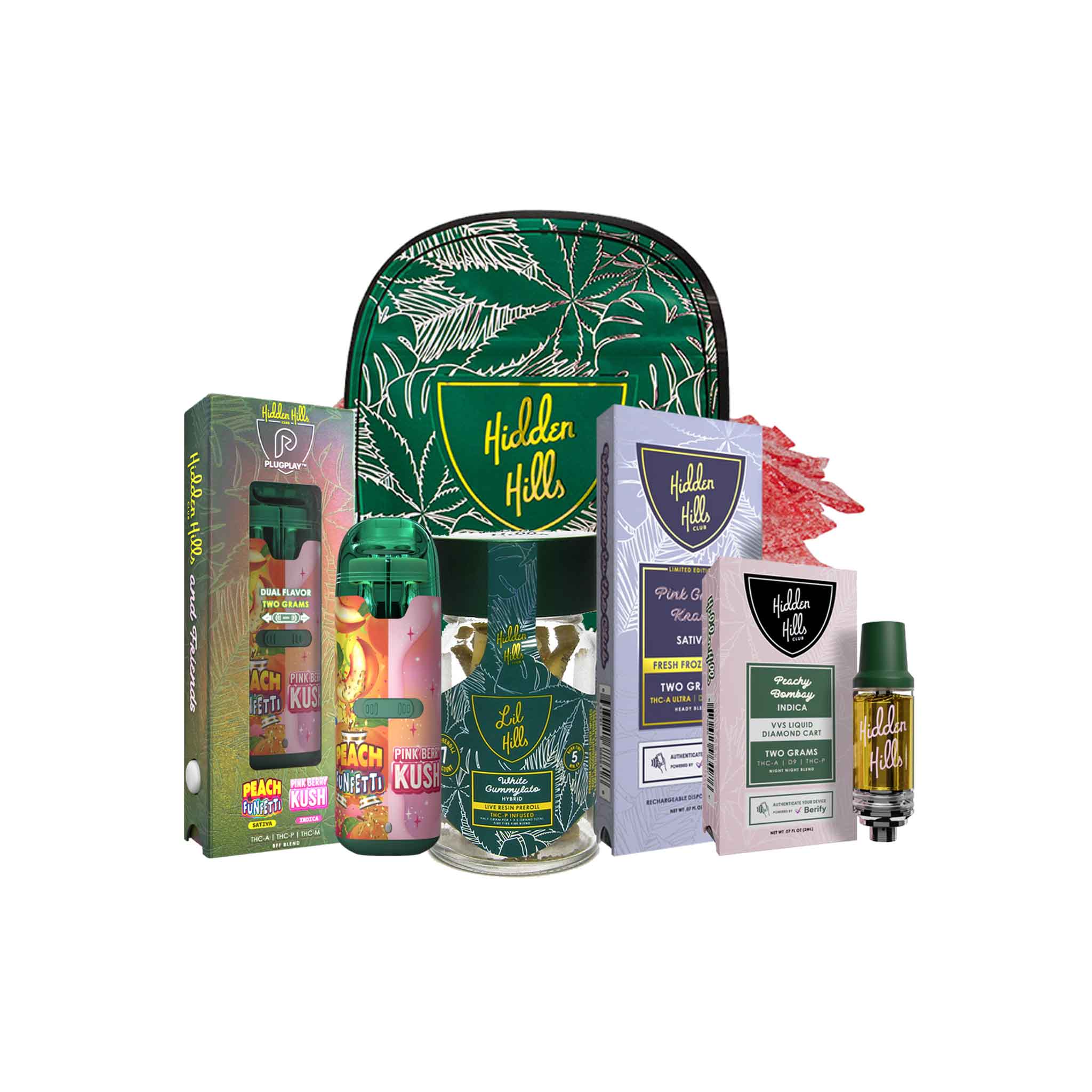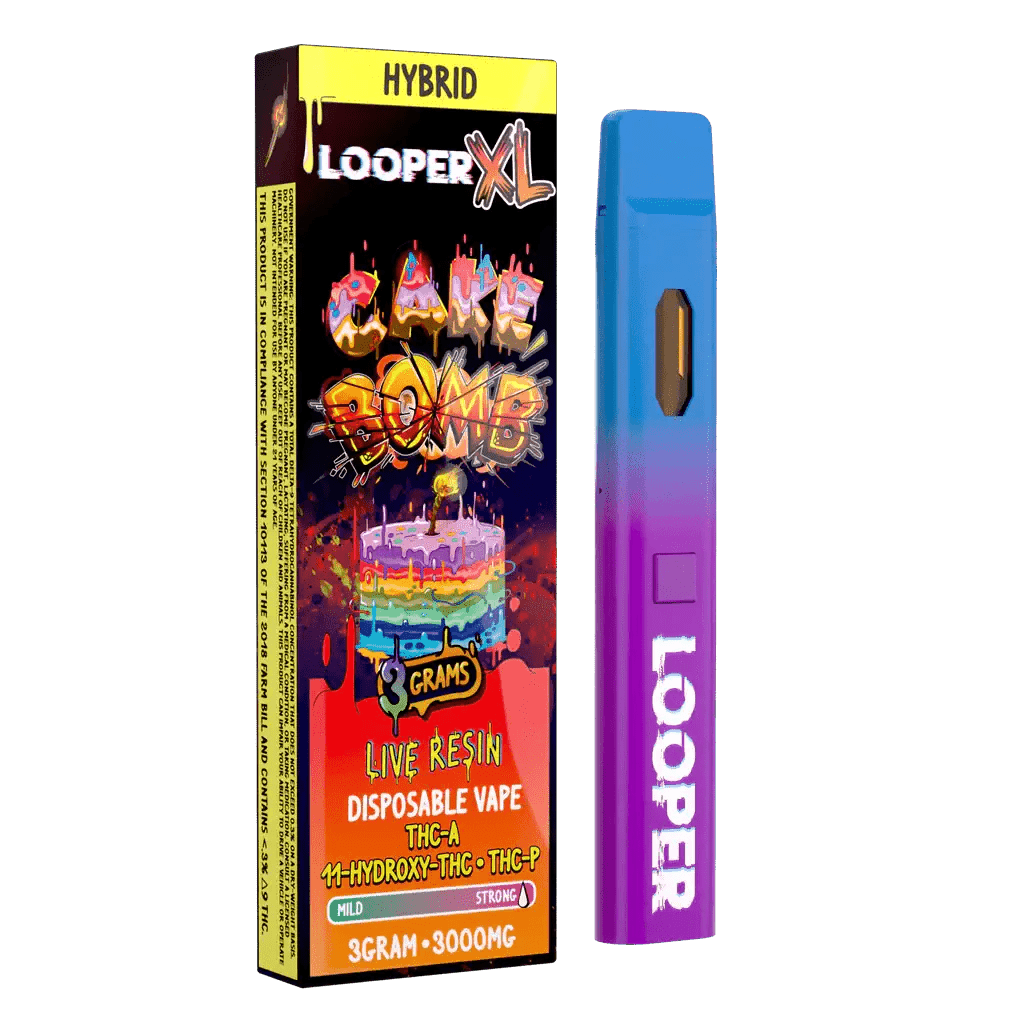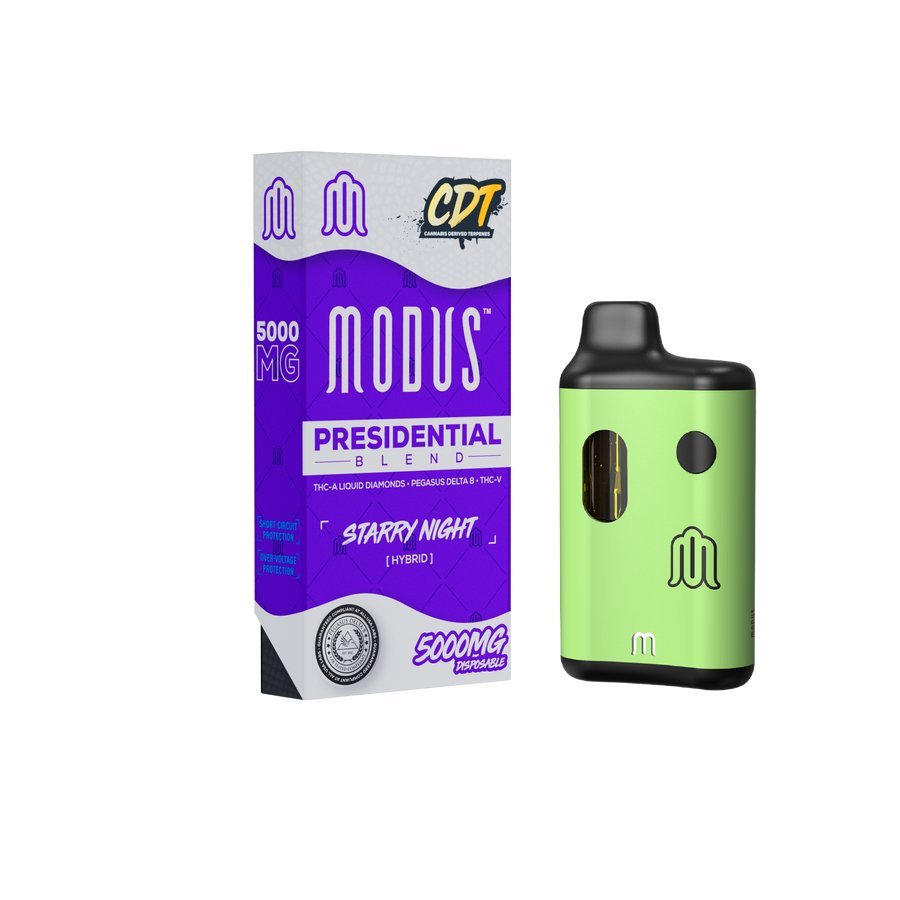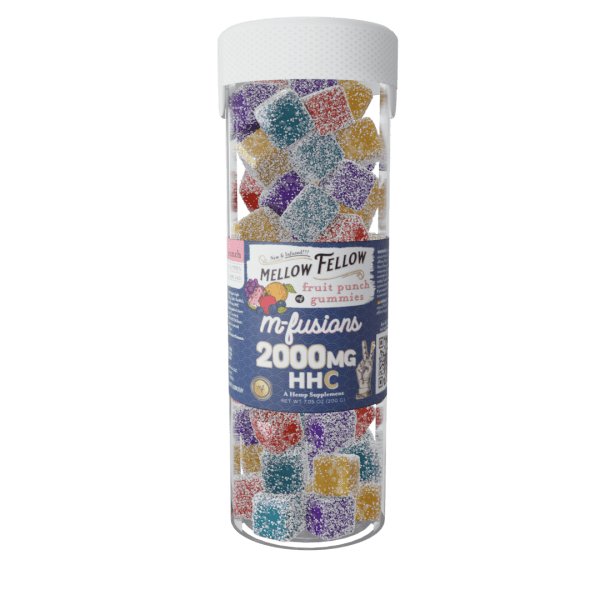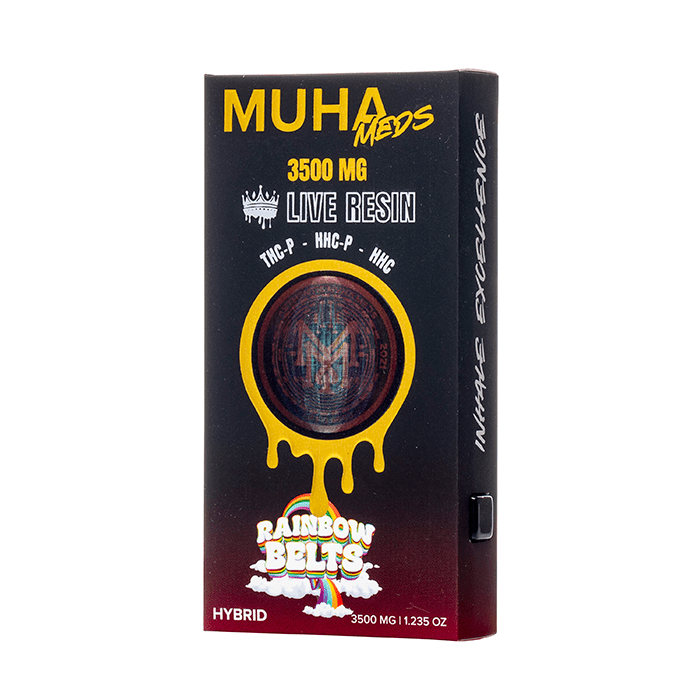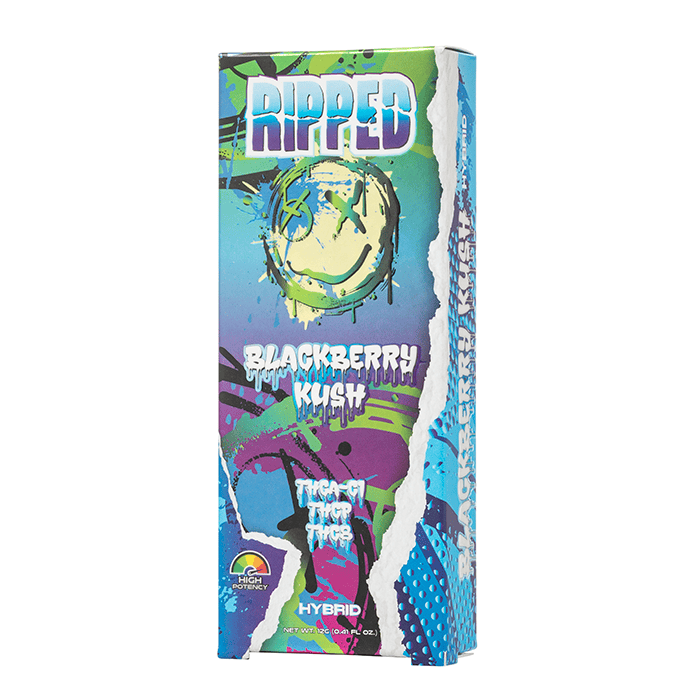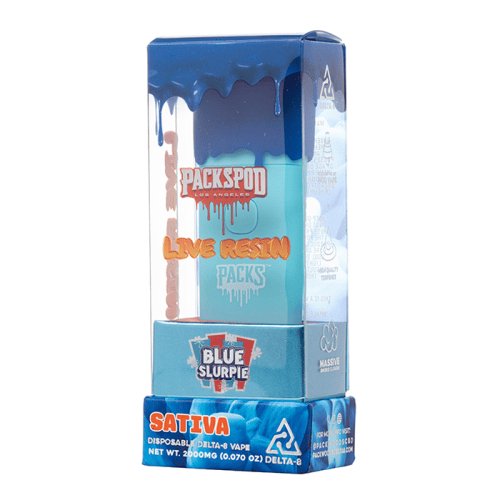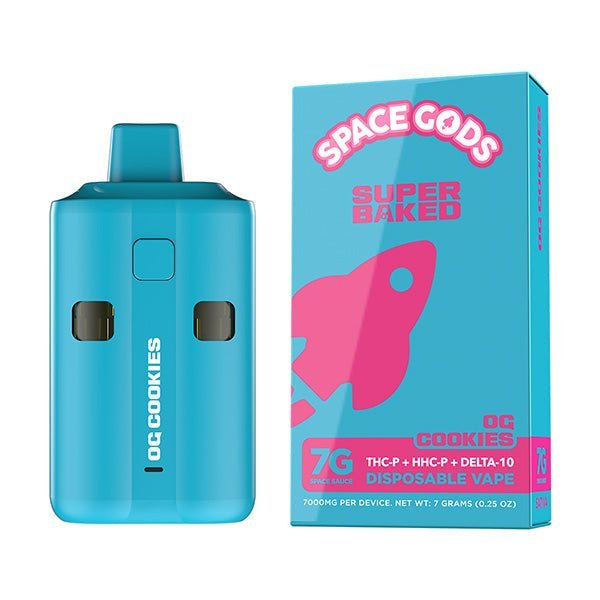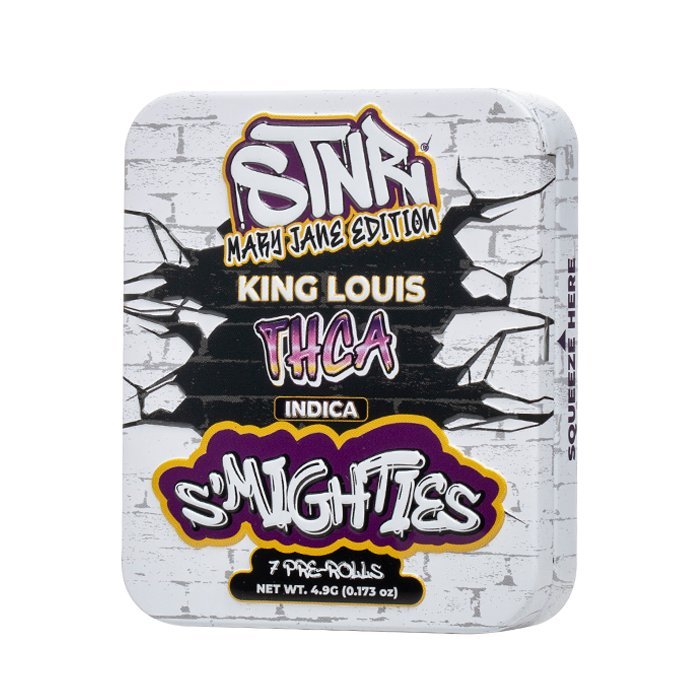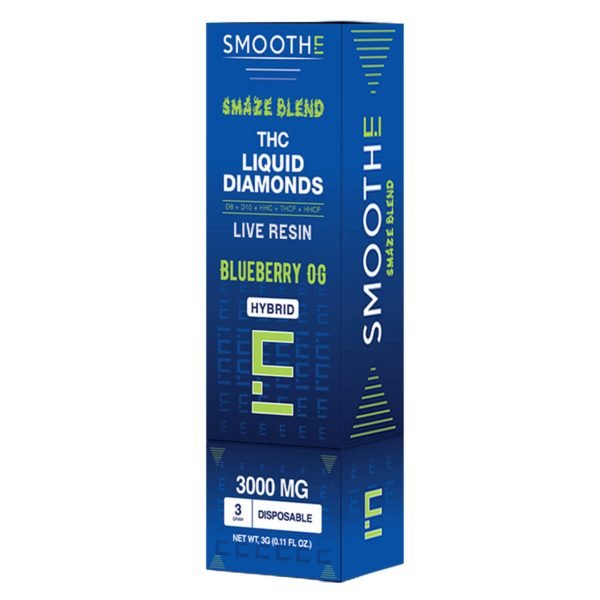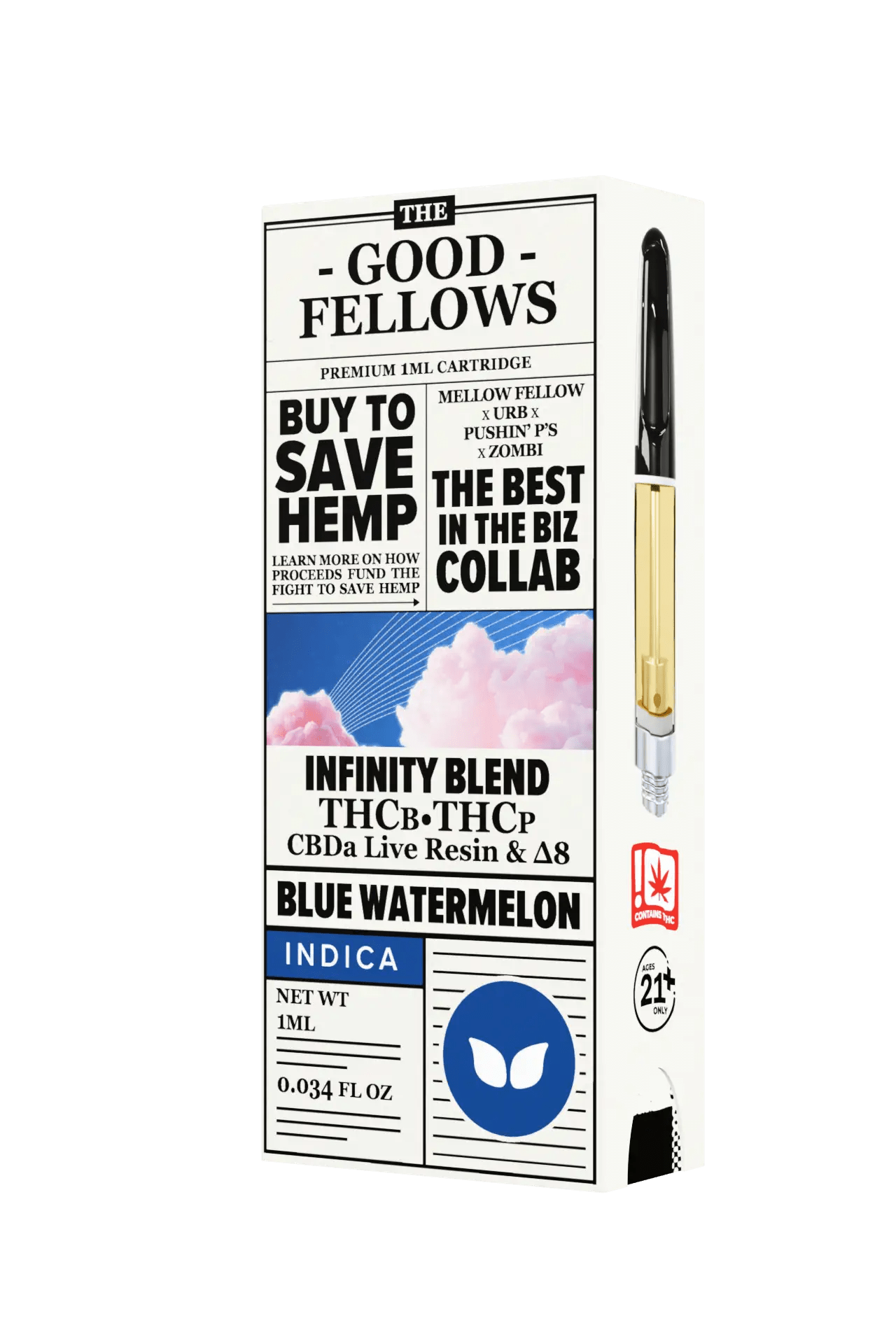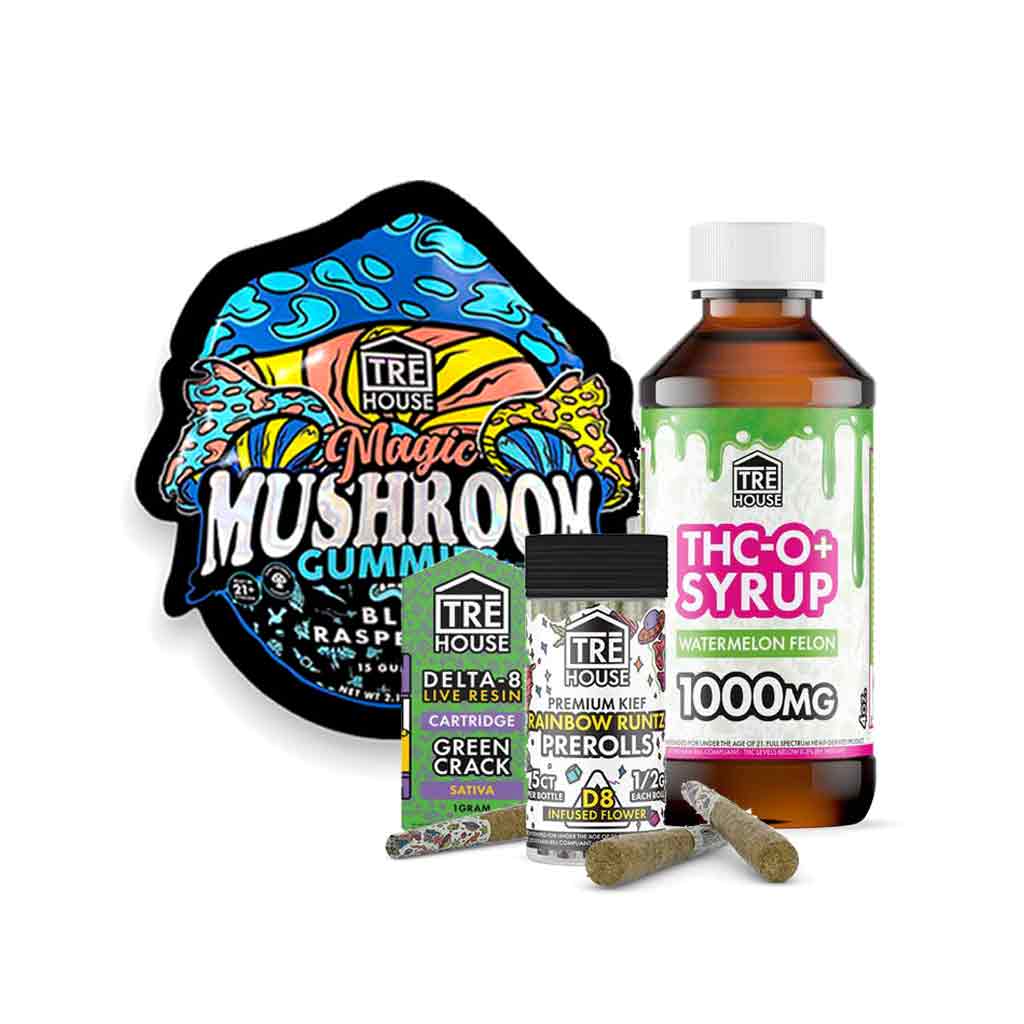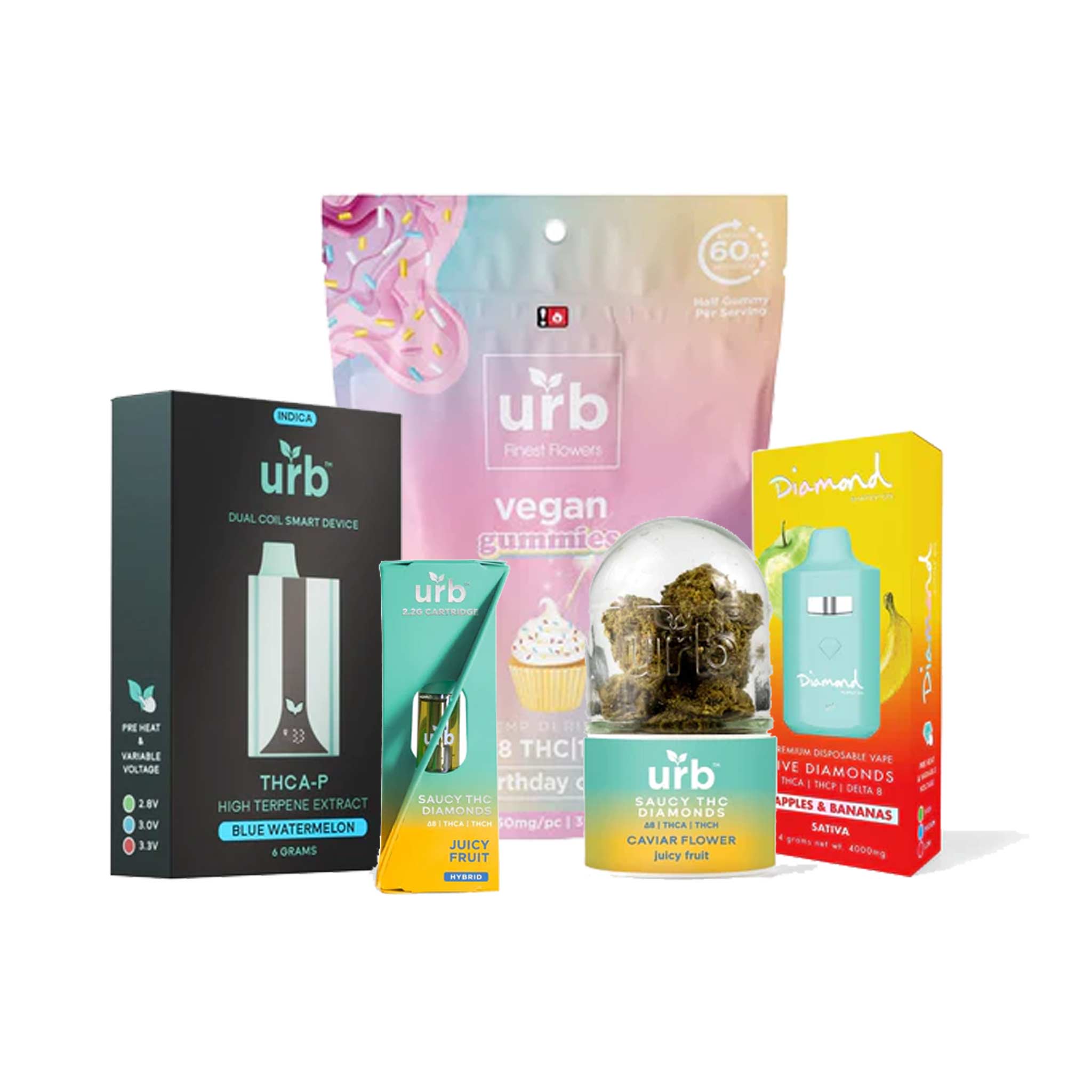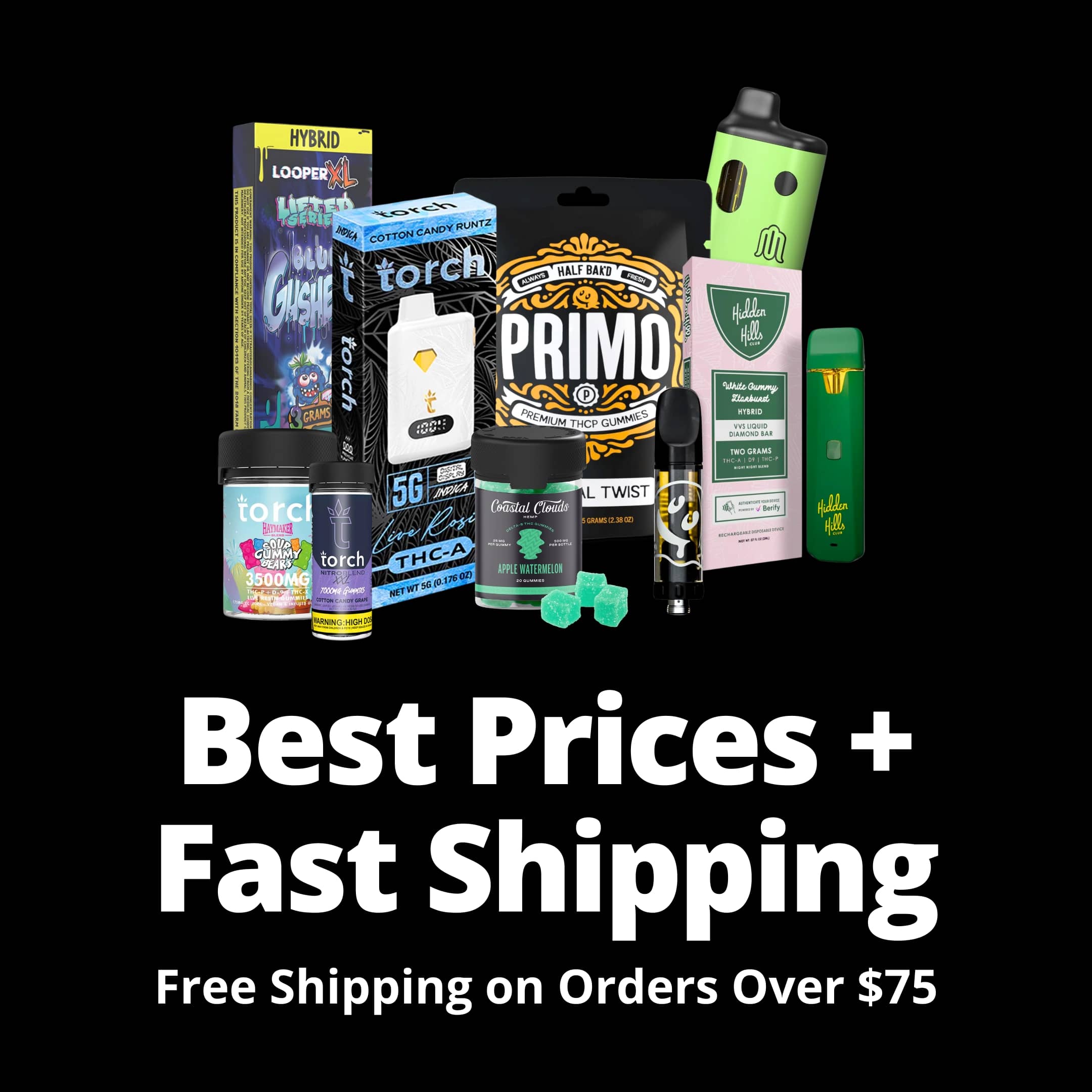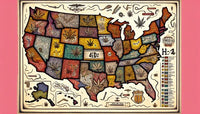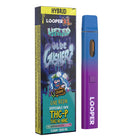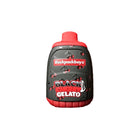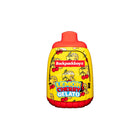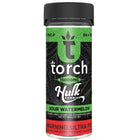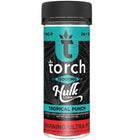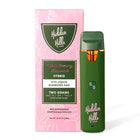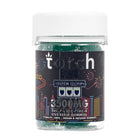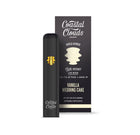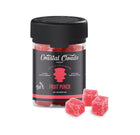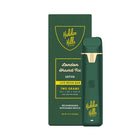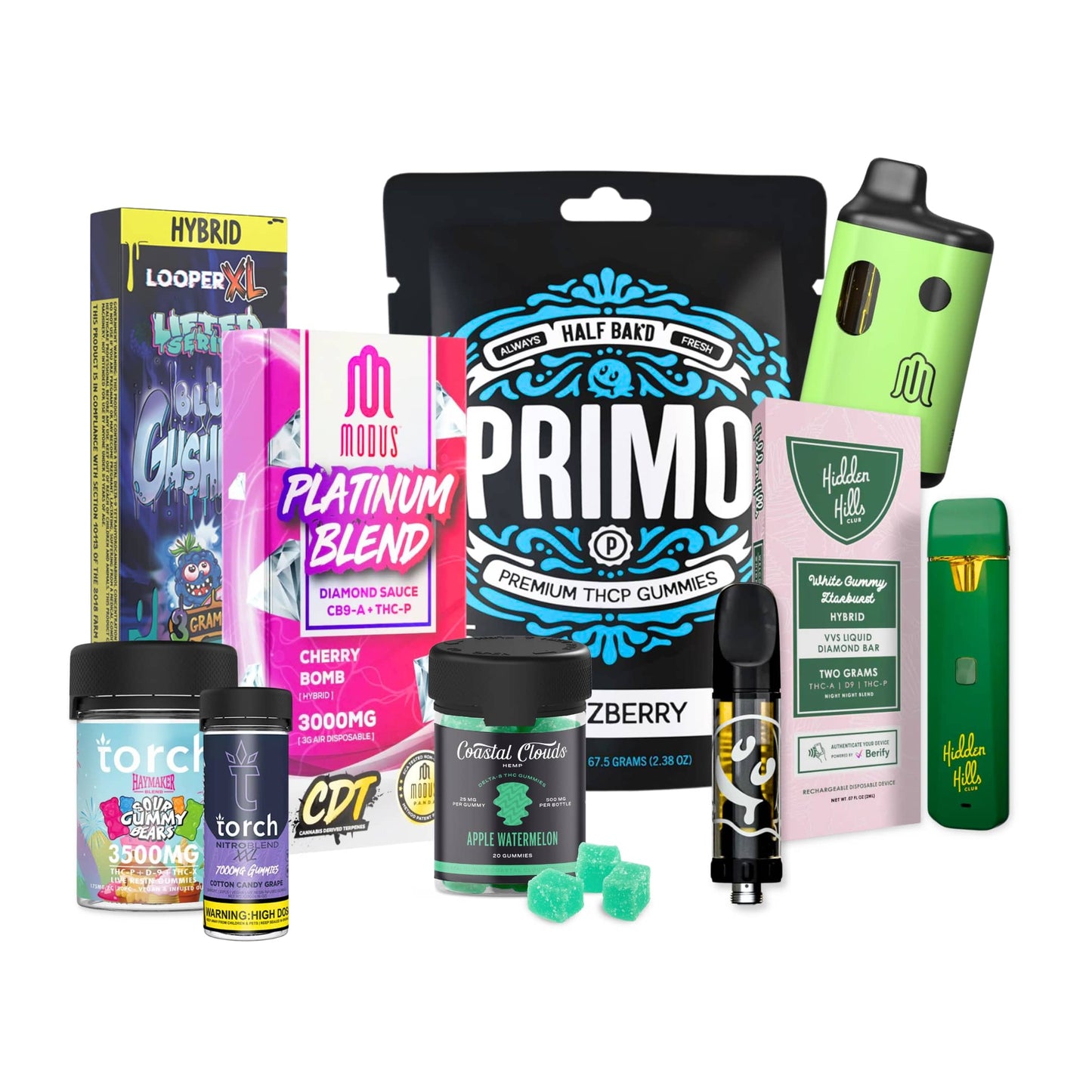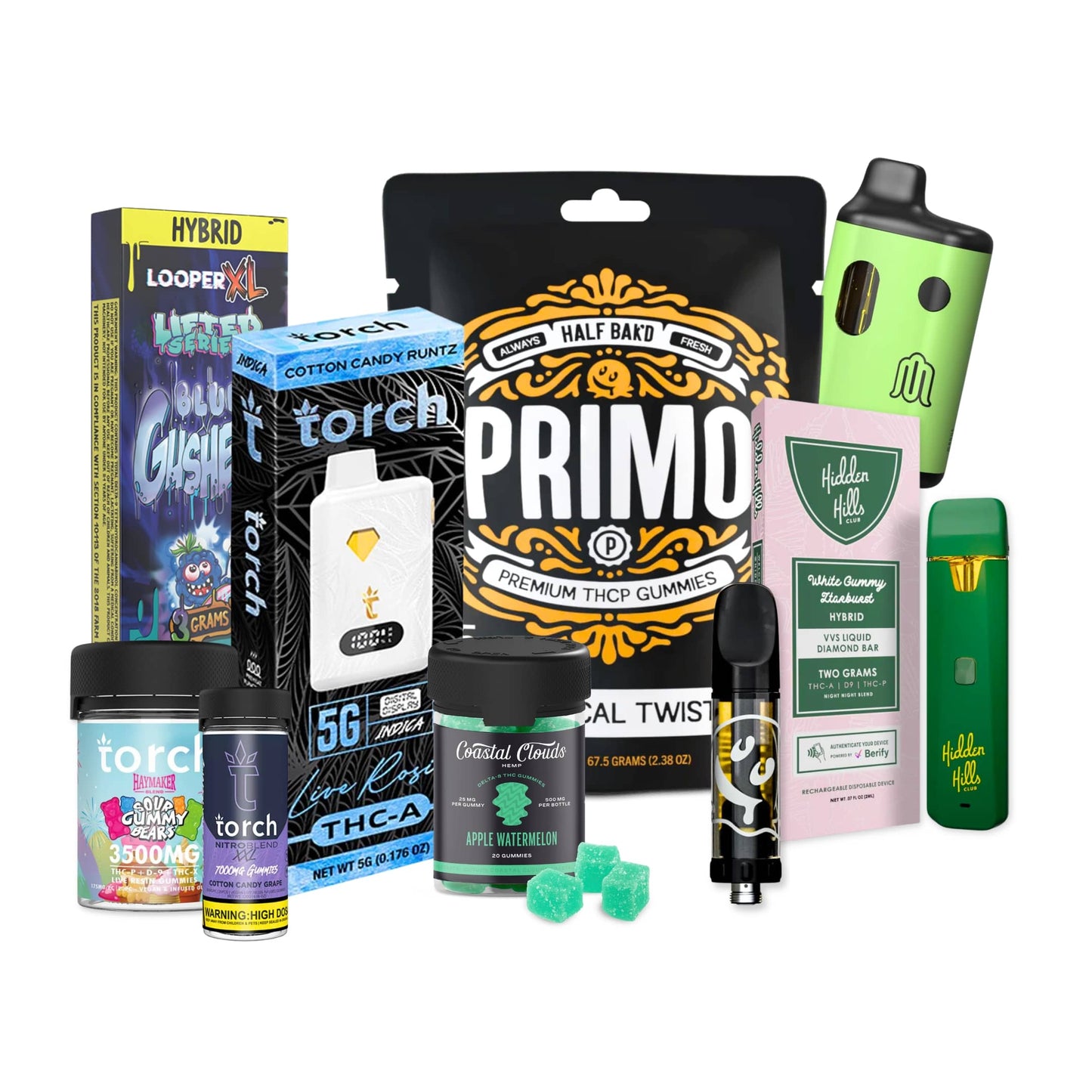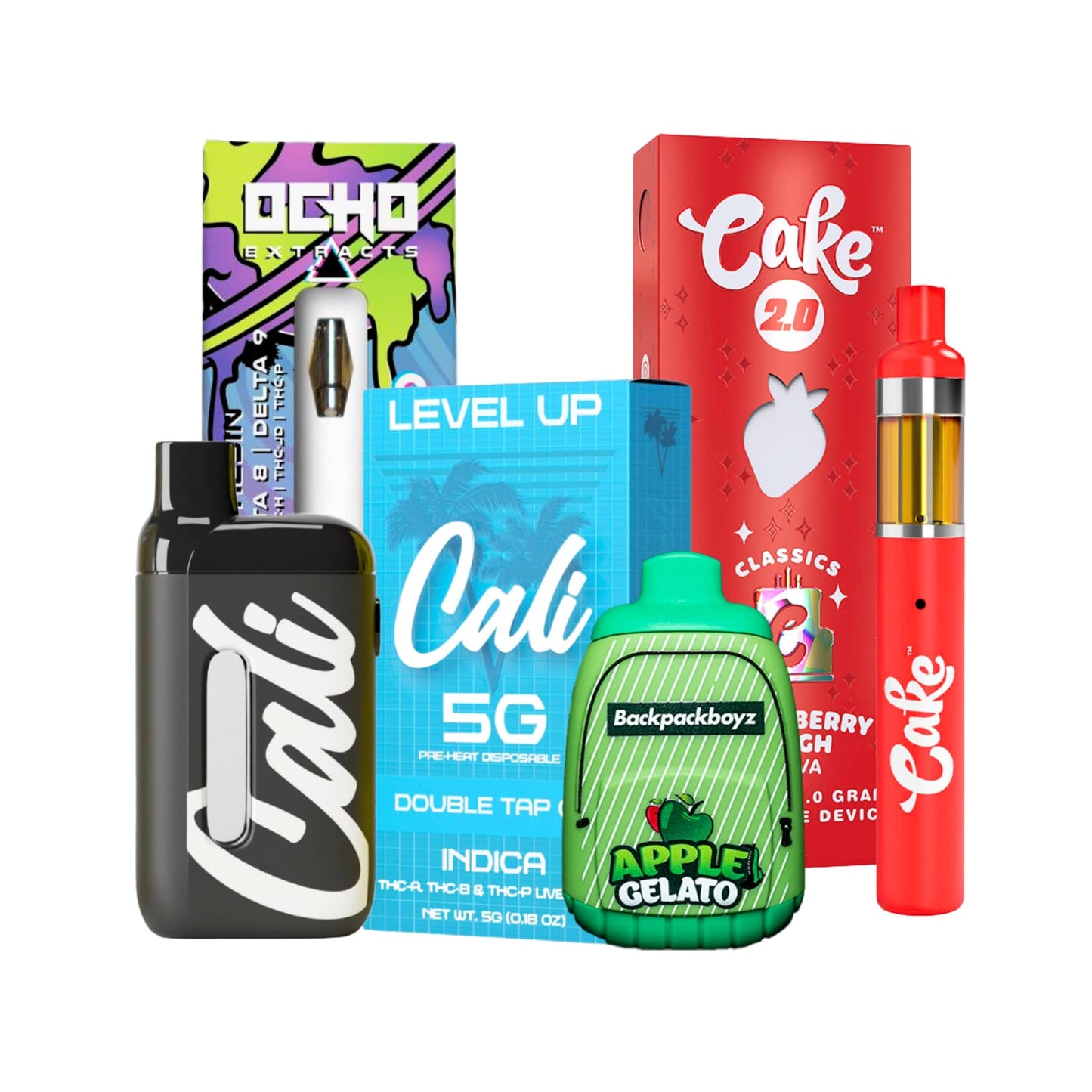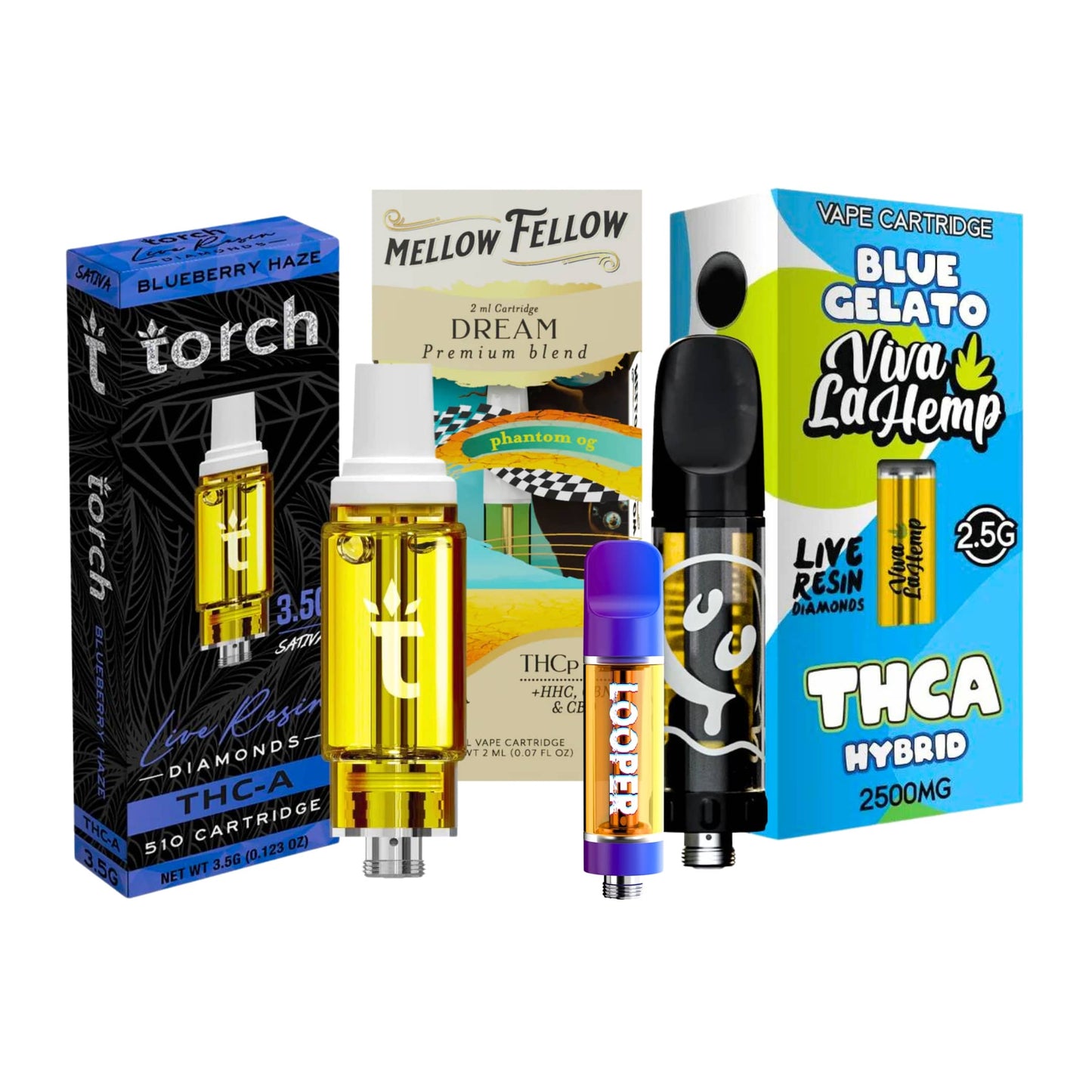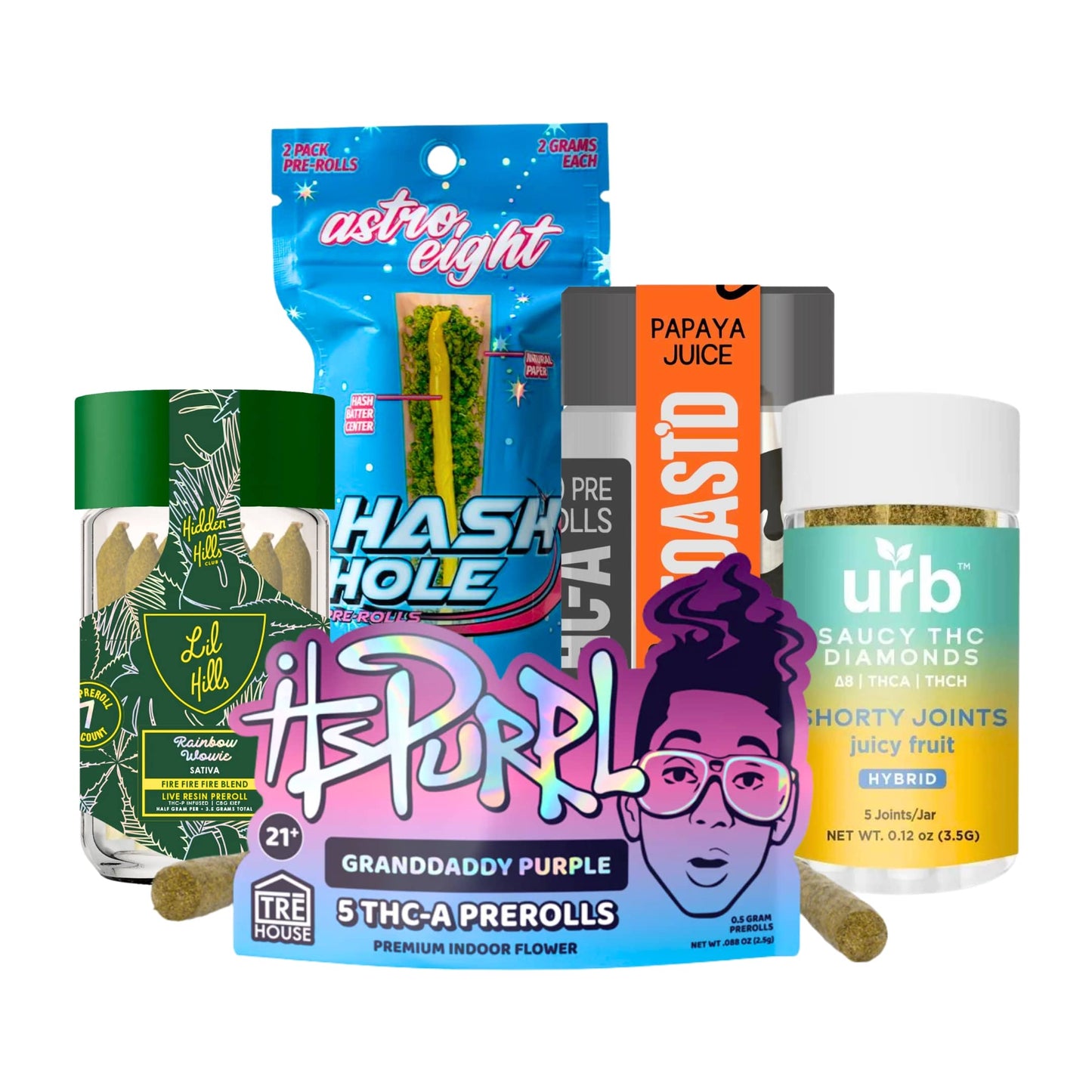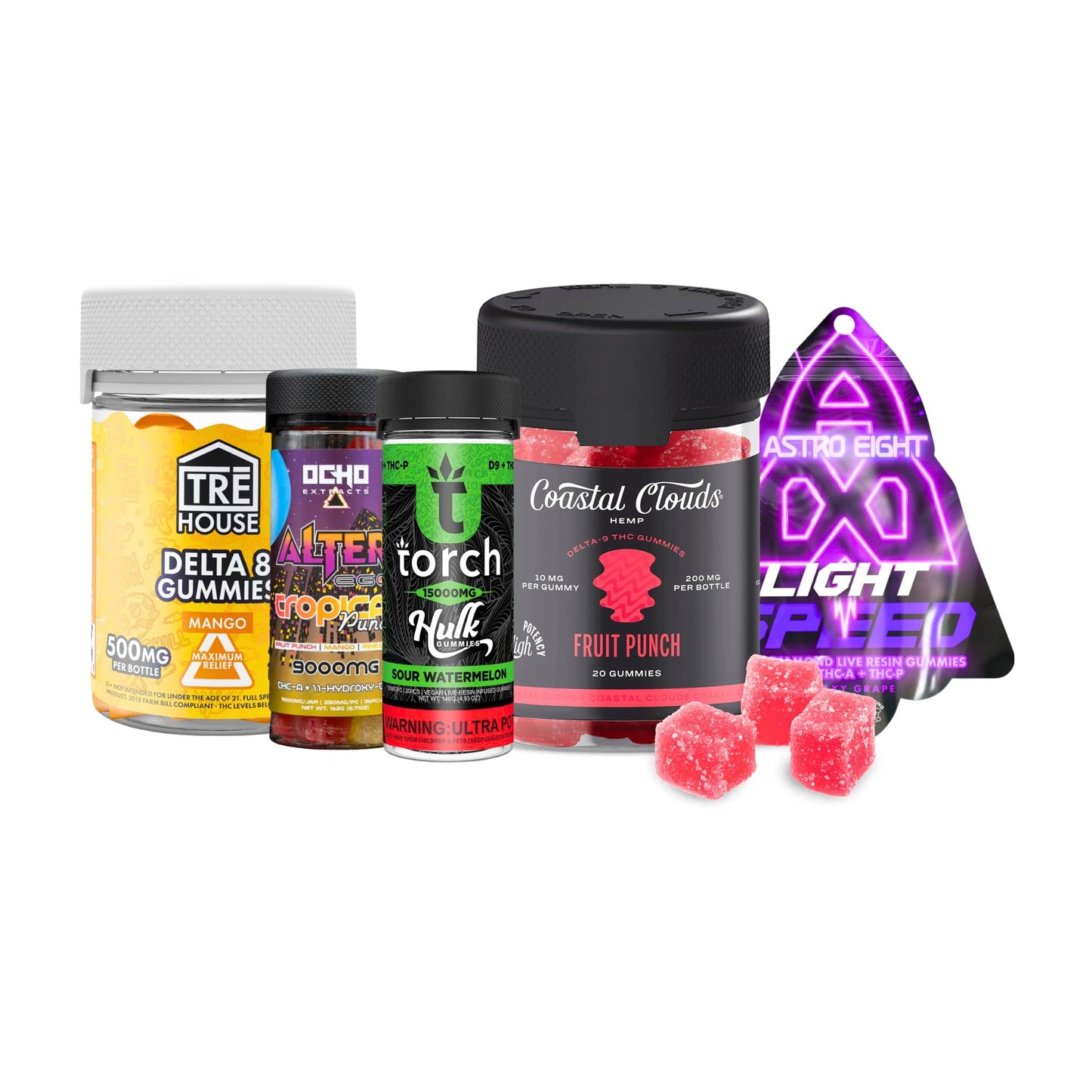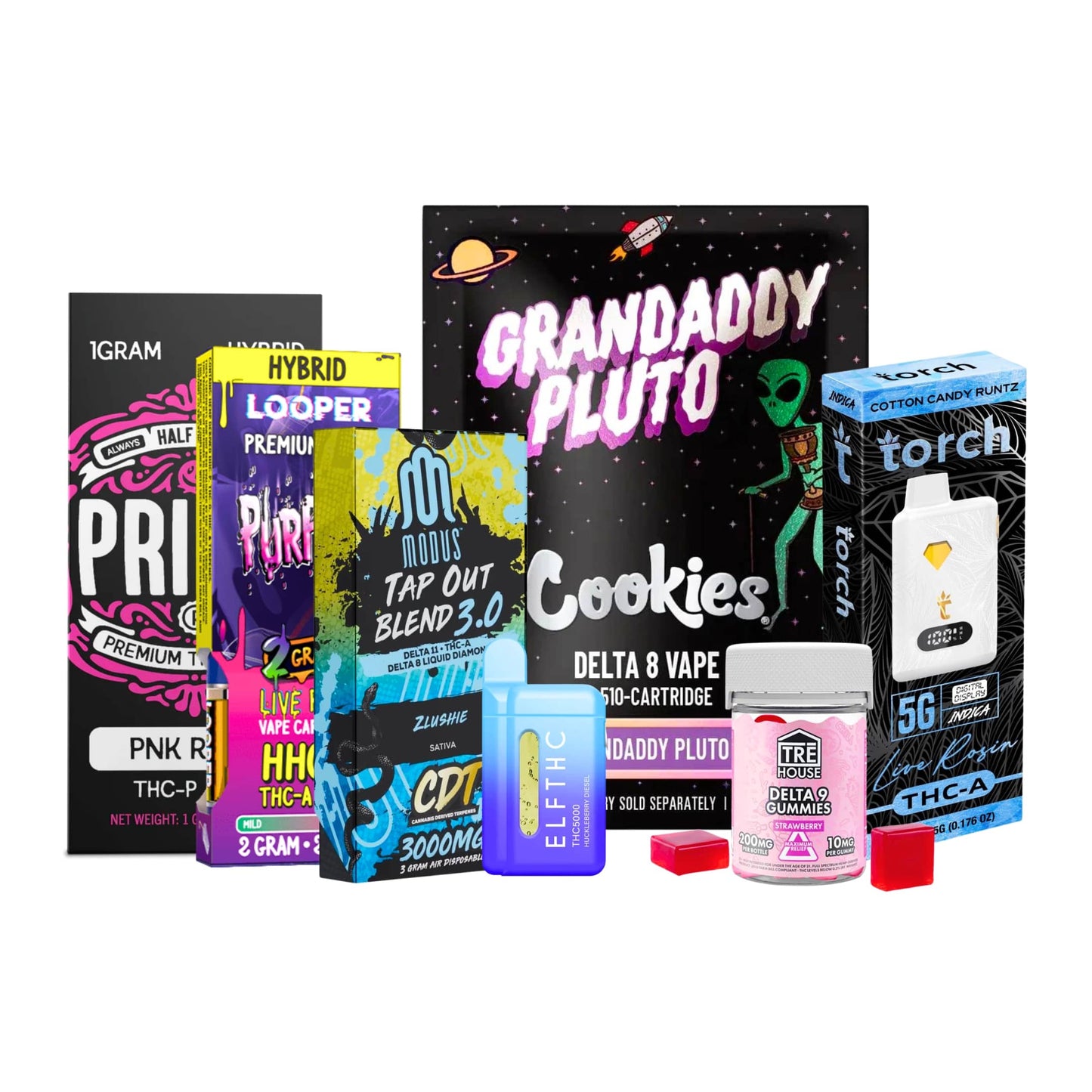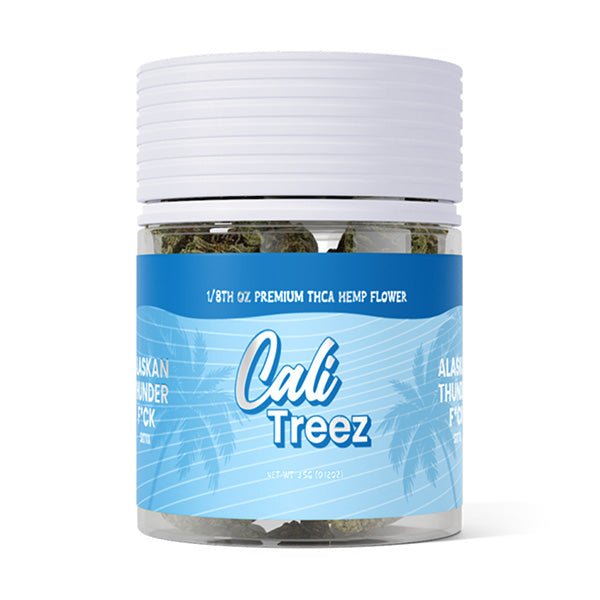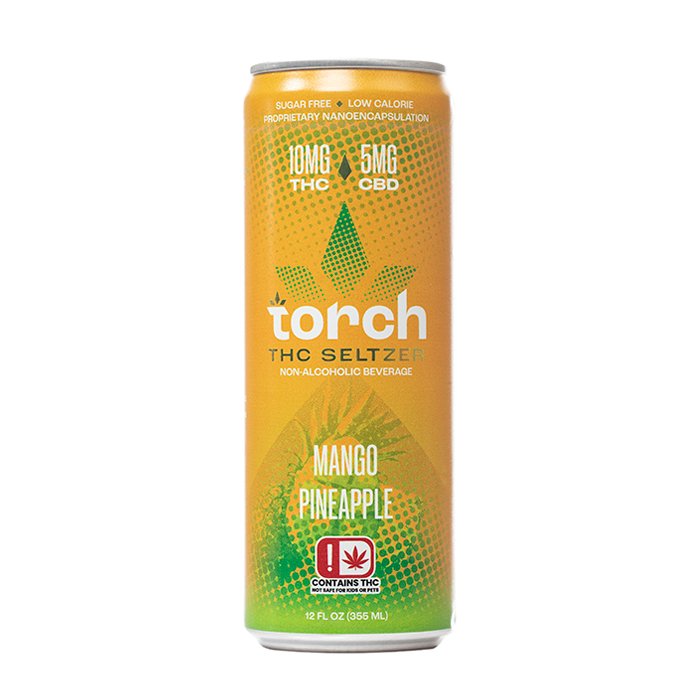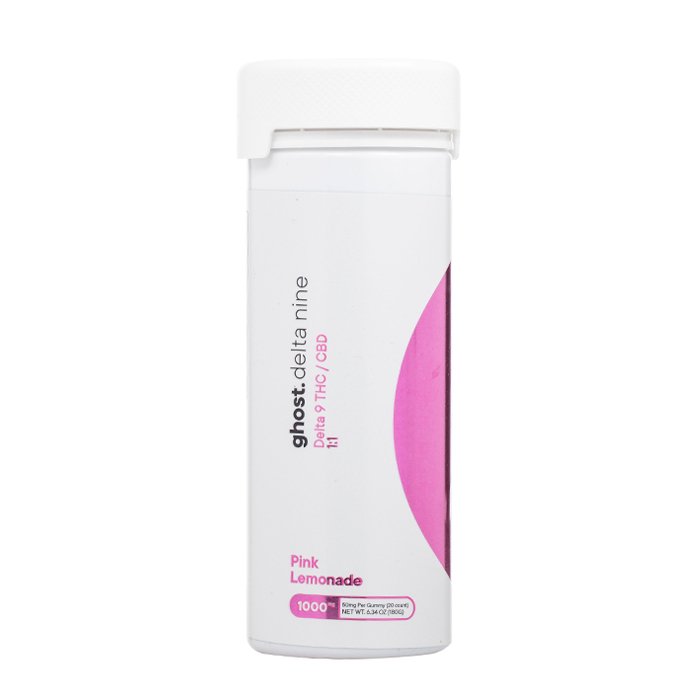Get a FREE Gummy or Vape
Sign up to get a FREE welcome vape or gummy on your first order when you buy 4 or more products.
Are you wondering, “is Delta 8 legal in North Carolina?” As of now, Delta 8 THC is indeed legal in the state. This legality is provided that the products are derived from hemp and contain a Delta 9 THC content of no more than 0.3% on a dry weight basis. Our article dives into the nuances of state and federal laws governing Delta 8, the implications for its use, and what you need to know about accessibility and regulations in North Carolina.
Key Takeaways
-
Delta 8 THC is legal in North Carolina when derived from hemp with a Delta-9 THC content not exceeding 0.3%, as per state law and the 2018 Farm Bill.
-
North Carolina Senate Bill 352 removed hemp-derived THC from the state’s controlled substances list, enabling the legal use, purchase, and sale of Delta 8 THC within the state, with age restrictions for purchases (21 for online, 18 for in-person).
-
Despite its legal status, Delta 8 THC can potentially yield a positive result in drug tests, which may affect employment, and its safety profile is not well-established, warranting caution and responsible use.
Understanding Delta 8 THC and Its Legality in North Carolina
Delta 8 THC, or Delta-8-Tetrahydrocannabinol, is a variant of the famous THC molecule known for its psychoactive properties. The only difference between Delta-8 and its sibling, Delta-9 THC, lies in the location of a particular double bond on the molecular chain. This slight difference, however, has significant implications for the legality and effects of Delta 8 THC.
In North Carolina, Delta 8 THC is legal, aligning with both state and federal law. However, this legality hinges on an important condition. Delta 8 THC products must be derived from hemp with a Delta 9 THC content not exceeding 0.3% on a dry weight basis. Now, let’s delve deeper into the legal intricacies of hemp-derived THC products.
The 2018 Farm Bill and Its Impact on Hemp Derived Products
The 2018 Farm Bill was a game-changer for the hemp plant and hemp-derived products, including other hemp derived products, in the U.S. It federally legalized hemp and its derivatives, provided they contain less than 0.3% Delta 9 THC on a dry weight basis. This legislation flipped the script for the entire cannabis industry, including legal cannabis, the cannabis plant, and Delta 8 THC.
The federal legalization of ‘hemp derivatives’ under the 2018 Farm Bill applies to Delta-8 THC, as well as other hemp derived cannabinoids, as long as they meet the Delta-9 THC concentration limits. Therefore, in North Carolina, hemp-derived products, such as Delta-8 THC, become legal when they contain less than 0.3% THC, aligning with federal law. However, state legislation also plays a pivotal role in shaping Delta 8 THC’s legal landscape.
State Legislation on Controlled Substances
North Carolina’s legal stance on Delta 8 THC is largely shaped by state law, specifically Senate Bill 352. This legislation removed all hemp-derived THC, including Delta 8 THC, from the state’s list of controlled substances. This move, enacted in June 2022, legally permitted the use of hemp-derived products in the state.
The removal of hemp from the controlled substances list paved the way for the legal use of both CBD and Delta 8 THC products in North Carolina. With the legal groundwork laid, let’s navigate through the current legal landscape surrounding Delta 8 THC in the state.
Navigating the Legal Landscape of Delta 8 THC in North Carolina

Navigating the legal landscape of Delta 8 THC in North Carolina can feel like traversing a complex maze. A crucial point to remember is that Delta 8 THC is legal in North Carolina if derived from hemp plants containing no more than 0.3% Delta 9 THC by dry weight. This means you can legally:
-
Use Delta 8 THC
-
Purchase Delta 8 THC
-
Possess Delta 8 THC
-
Sell Delta 8 THC products in the state.
Moreover, legal transportation of Delta 8 THC into North Carolina is allowed, provided it adheres to the stipulated requirements. So, if you’re visiting the state or moving to North Carolina, you can bring your Delta 8 THC products along, given they meet the legal criteria.
However, it’s not all smooth sailing. There are restrictions and regulations to consider, and potential consequences in certain situations.
Current Restrictions and Regulations
In North Carolina, age matters when it comes to purchasing Delta 8 THC products. For online purchases, consumers must be at least 21 years old, while for in-person retail, the age requirement drops to 18 years. The law permits the use, purchase, and possession of Delta 8 THC products in North Carolina, provided they comply with state and federal law.
However, the use of hemp products, including Delta 8 THC, could potentially lead to termination of employment. Certain employers in North Carolina may not distinguish between different types of THC and could view any use as a violation of workplace policy.
Now, let’s hear from legal experts on what they have to say about these regulations.
Insights from Legal Experts
Legal experts and authorities have voiced concerns about the current state of Delta 8 THC regulation. The North Carolina Department of Justice, for example, has expressed apprehensions about raising the legal age limit to purchase THC products to 21 and implementing stricter advertising restrictions. These concerns underscore the importance of stringent enforcement to protect consumers, especially minors.
As the legal landscape continues to evolve, it’s crucial for individuals to stay informed and make responsible choices. If you’re looking to purchase Delta 8 THC products, experts recommend seeking out retailers known for their transparency regarding product testing, consistency, and authenticity to ensure compliance with state regulations.
Where to Find Legal Delta 8 THC in North Carolina

Now that we’ve navigated the legal landscape, you might be wondering where you can find legal Delta 8 THC in North Carolina. Whether you prefer to shop in-store or online, there are various options available.
In-person retail establishments, such as local CBD stores or head shops, offer a range of Delta 8 THC products, including various cannabis products. However, the variety and availability of products may be limited in these physical stores.
Retail Options: From Vape Shops to Hemp Stores
For those who prefer in-person shopping, North Carolina and South Carolina offer a variety of retail establishments. Hemp and Cannabis dispensaries, CBD stores, and smoke shops all carry Delta 8 THC products. However, the number of these stores might be limited, especially in smaller towns or rural areas.
While in-person shopping offers the advantage of immediate purchase and the ability to physically inspect products, the selection of Delta 8 THC products might be limited. This is where online shopping comes into play, offering a wider selection of products to choose from.
Online Shopping for Delta 8 THC
Online shopping for Delta 8 THC offers an extensive variety of products at your fingertips. Online retailers, such as CannaBuddy and Mystic Labs, offer a vast selection of Delta 8 THC products like:
-
Edibles
-
Vapes
-
Flower
-
Pre-rolls
-
Concentrates
-
Gummies
-
Tinctures
Plus, the convenience of having your products shipped directly to your door is a significant advantage.
However, with the broad array of options comes the responsibility of ensuring product quality and legal compliance. Customers should look for detailed Certificates of Analysis (COAs) and positive customer reviews when purchasing Delta 8 THC products online.
The Therapeutic Benefits and Risks of Using Delta 8 THC
Beyond the legalities and shopping options, it’s essential to understand the potential therapeutic benefits and risks associated with Delta 8 THC. While Delta 8 THC is not currently approved for medical use, it is being investigated for its potential therapeutic effects.
However, like any substance, the use of Delta 8 THC comes with its share of potential risks. As such, it’s important to weigh the potential benefits against these risks before deciding to use Delta 8 THC.
Potential Health Benefits
Users and researchers alike have reported various potential health benefits of Delta 8 THC. These include pain relief, making it a possible natural pain management option. Users have also reported a state of relaxation without the heightened anxiety often associated with Delta 9 THC, indicating its potential for anxiety reduction.
Other potential benefits of Delta 8 THC include relief from nausea and vomiting, which can be particularly useful for patients undergoing chemotherapy. Additionally, some people experience a subtle and uplifting euphoria that improves mood when using Delta 8 THC, without the anxious edge that can come with Delta 9 THC.
Safety Considerations and Public Health
While the potential benefits of Delta 8 THC are promising, safety considerations cannot be overlooked. The FDA has not approved Delta 8 THC for safe use, and its safety profile is not well-established. Additionally, Delta 8 THC products might contain harmful chemicals due to the synthetic manufacturing process, which can use organic solvents and strong acids.
Consumers should also be aware that Delta 8 THC products may contain higher levels of the substance than naturally occurring in hemp extracts, which is a safety concern. Adverse events reported related to Delta-8 THC consumption include hallucinations, vomiting, and loss of consciousness, flagging potential health risks.
Understanding Drug Tests and Delta 8 THC

One common concern among Delta 8 THC users is whether the substance will result in a positive drug test. It’s important to note that drug tests are designed to detect cannabinoids, including Delta 8 THC. However, the detection of Delta 8 THC by drug tests is influenced by several factors, including the specific type of test employed, how frequently a person uses Delta 8 products, and individual metabolic rates.
Workplace drug testing in North Carolina is capable of identifying the presence of cannabinoids, which includes Delta 8 THC among other types of THC. As such, Delta 8 THC users should be aware of the potential implications on their employment status.
Will Delta 8 THC Result in a Positive Drug Test?
The answer to this question is potentially yes. Delta 8 THC can lead to a positive result in drug tests due to its chemical similarity to Delta 9 THC, which is commonly screened for in typical drug screenings. Drug tests do not usually distinguish between Delta 8 and other THC metabolites. Therefore, Delta 8 can produce a positive result on these tests..
Therefore, if you’re in a situation where you are subject to regular or random drug testing, you should consider this potential implication before deciding to use Delta 8 THC.
Factors Influencing Detection Times
Several factors can influence the detectability duration of Delta 8 THC in the body. These include:
-
an individual’s level of hydration
-
physical activity
-
liver function
-
genetics
-
age
-
overall health status
-
body weight
-
body fat percentage
These factors play a crucial role in determining how long Delta 8 THC metabolites stay detectable in a person’s system, due to the compound’s lipophilic properties.
The frequency of Delta 8 THC use, along with personal metabolism and the dosage consumed, directly affects how long metabolites can be detected in one’s system. Detection times for Delta 8 THC can range from a few days up to over a month, contingent upon the sensitivity of the drug test and the frequency of an individual’s usage.
Loyal Customers Speak: Real Experiences with Delta 8 THC in North Carolina
While the facts and figures offer a comprehensive perspective on Delta 8 THC, there’s nothing like hearing real experiences from loyal customers. In North Carolina, many customers have shared their positive experiences with Delta 8 THC, praising its potential therapeutic benefits and the overall improvement in their quality of life.
However, it’s important to remember that everyone’s experience with Delta 8 THC can be different, depending on a variety of factors including:
-
body chemistry
-
dosage
-
frequency of use
-
the specific product used
As such, individual experiences should not be taken as a guarantee of how Delta 8 THC will affect you. It’s always best to start with a low dosage and gradually increase it as needed.
Summary
Navigating the legal landscape and understanding the potential benefits and risks of Delta 8 THC in North Carolina can be a complex task. However, with a solid understanding of the laws, potential benefits, and safety considerations, individuals can make informed decisions about whether to use Delta 8 THC.
Whether you’re considering Delta 8 THC for its potential therapeutic benefits, or simply curious about the legalities, remember to stay informed, use responsibly, and consult with a healthcare provider if you have any concerns or questions. After all, knowledge is power when it comes to making the best choices for your health and well-being.
Frequently Asked Questions
Is Delta 8 THC legal in North Carolina?
Yes, Delta 8 THC is legal in North Carolina as long as it is derived from hemp with a Delta 9 THC concentration of 0.3% or less.
Where can I buy Delta 8 THC in North Carolina?
You can purchase Delta 8 THC at local CBD stores, head shops, and online retailers in North Carolina, making it easily accessible for consumers.
What are the potential health benefits of Delta 8 THC?
Delta 8 THC may offer potential health benefits such as pain relief, anxiety reduction, nausea relief, and mood improvement. Consider consulting a healthcare professional before use.
Will Delta 8 THC show up on a drug test?
Yes, Delta 8 THC can result in a positive drug test due to its similarity to Delta 9 THC. It's important to be aware of this if you are subject to drug testing.
What factors affect the detection of Delta 8 THC in drug tests?
Several factors can affect the detection of Delta 8 THC in drug tests, including test type, frequency of use, metabolic rates, hydration, physical activity, liver function, genetics, age, health status, body weight, and body fat percentage. It's essential to consider these factors when interpreting drug test results.


